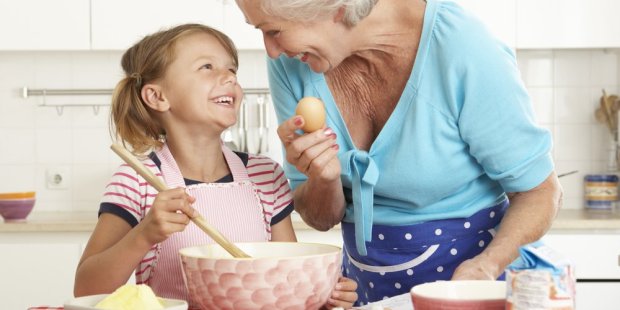Keep a Healthy Mind
- Details
- Hits: 2467
7 proven ways to protect against cognitive decline
|
If you’re nearing old age, or have a family history of dementia, you’ve probably started to wonder, “What can I do to keep my mind healthy as I grow old?” Of course, there’s only so much anyone can do to protect against cognitive decline. Genetics and other factors outside our control play such a big role. But it turns out there are certain things that do make a difference. Researchers have identified some straightforward strategies to stave off cognitive decline as a person grows older. |
 |
And it turns out, keeping church and prayer commitments is an important part of it.
Here are 7 things you can do now to protect your brain as you age. (You might be pleasantly surprised to find that you’re already doing some of them!)
- Take a walk
Regularly going on a walk is one of the most reliable ways to keep your brain sharp as you age. Enjoy a scenic forest path, or simply stroll your neighborhood! -
Spend time with your friendsWhile you’re walking, invite a friend along. Maintaining strong social networks is linked to slower cognitive decline.
-
Read a bookFrequent reading is protective of cognitive function in later life. Consider joining or starting a book club to get the benefits of friendship and reading at the same time!
-
Spend time with your familyLiving near family as you age imparts 4 to 6 years of extra life expectancy, and it’s good for your grandchildren or great-grandchildren, who have lower rates of mortality and lower rates of disease. This is called the “grandmother effect.”
-
Keep holy the SabbathBelonging to a faith-based community and attending services about 4 times a month “is worth between four and 14 extra years of life expectancy.” Who knew going to church was so good for you?
-
Talk to God
-
Eat fish and vegetablesA Mediterranean diet has been associated with longevity for a long time. Now researchers have found that it’s specifically the prevalence of fish and vegetables in this diet that is so beneficial.














